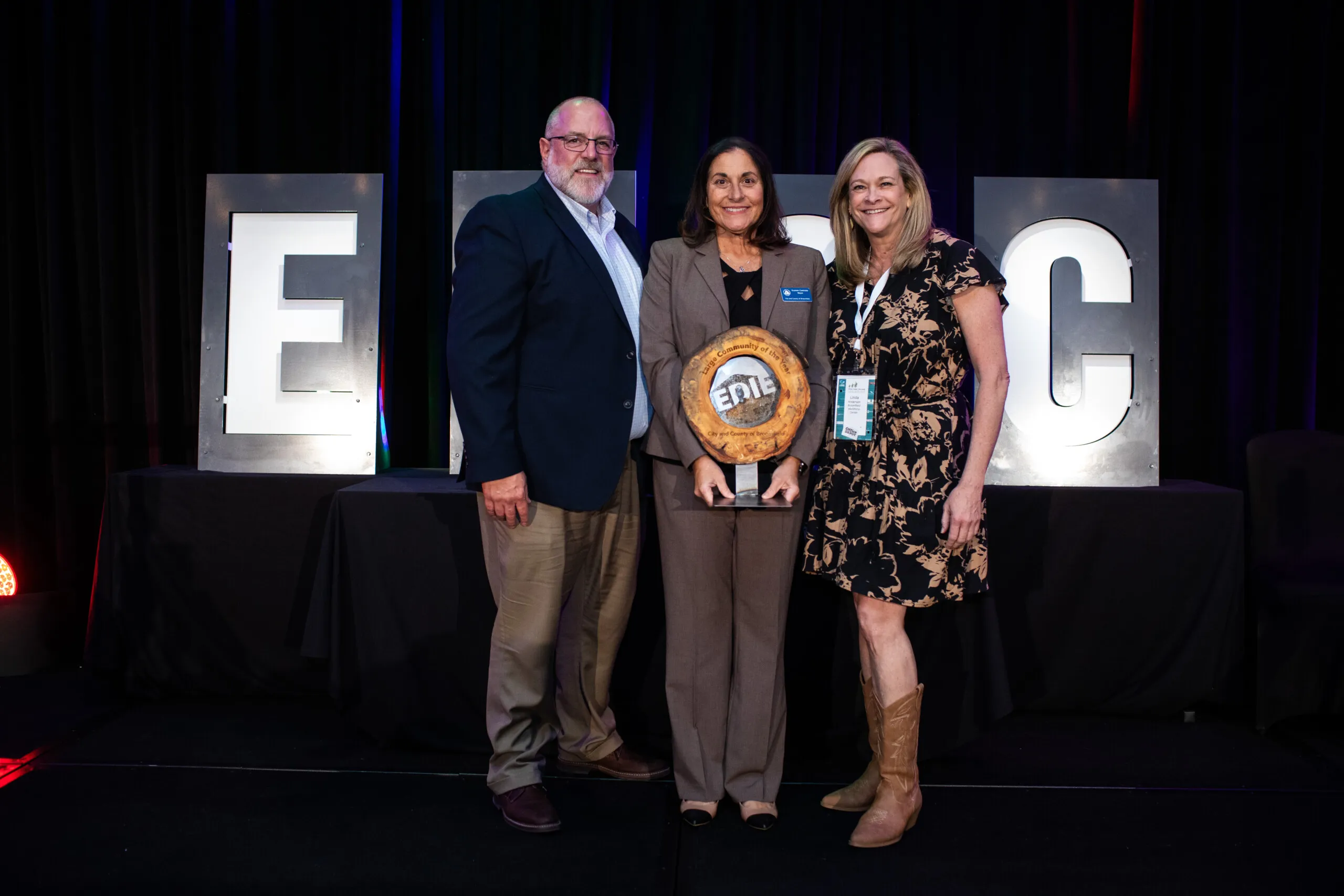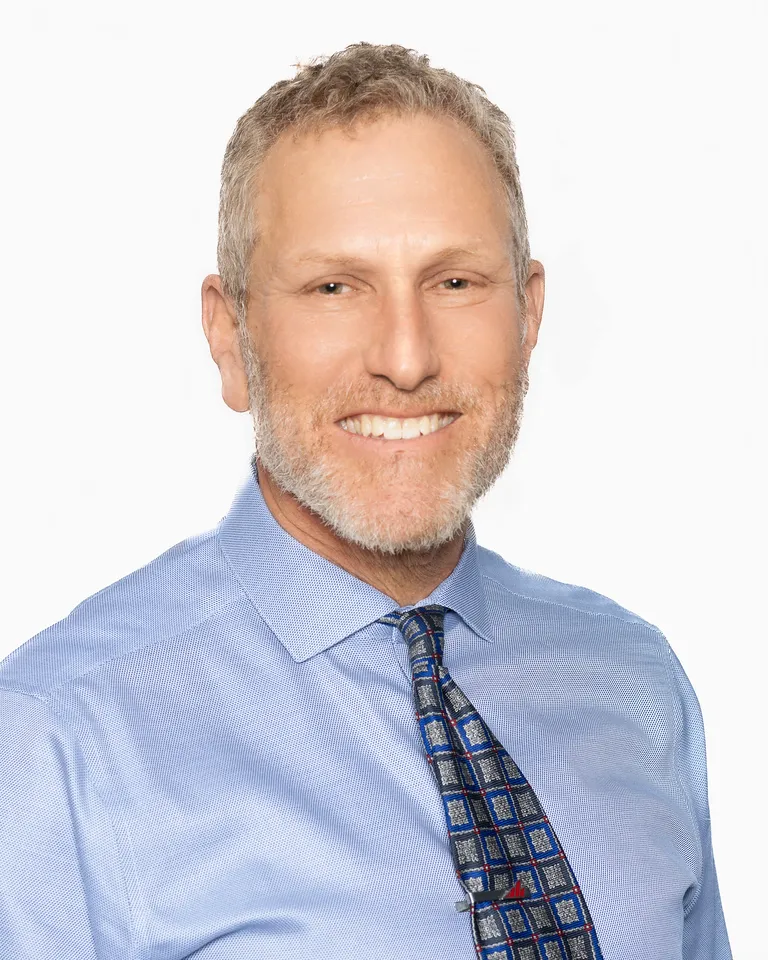Tayer: Toward a new Boulder economic paradigm
Many have written about the shape of a post-COVID economy, including yours truly. As important as this discussion is, I’ve been thinking recently about a broader question: Is there a new macroeconomic paradigm evolving that can redefine capitalism? Not that I advocate abandoning our market-based economy, but could it evolve into something more inclusive and environmentally friendly, with a greater recognition that government and businesses must play more cooperative roles for the greater good? I think so, and the Boulder Chamber seeks willing community partners toward that new horizon.
Lest you think this is a completely original vision, know that there are others who are forging a path forward in this broader test of market forces. Economist Kate Raworth has espoused “doughnut economics,” combining “planetary boundaries together with social boundaries, creating a safe and just space between the two, in which humanity can thrive.” And others have urged that we measure economic prosperity using a broader set of data elements to measure the overall well-being and inclusiveness of our populace, rather than just GDP.
It was a recent piece in the New York Times about the new initiative to re-imagine market economics, though, that got me thinking about a local application of this broader paradigm shift. In short, a group of respected academic institutions and foundations are joining to rethink the free-market worldview that has guided modern economics for decades. In their analysis, they’re considering the depths of systemic inequality in capitalist societies and question whether we should leave human outcomes to the “whims of markets.”
SPONSORED CONTENT
With recent debates about advancing inclusivity and climate protection here in Boulder, I wonder how an in-depth review of local markets, including the relationships among businesses, nonprofits and governments, might prompt a re-thinking of how our own economic and social vitality could morph into a broader framework. The goal is to promote greater shared prosperity and inclusiveness, along with better stewardship of our environment. Here are some starting points for consideration:
Develop and support our workforce: Let’s help all population segments build meaningful careers in our innovation-driven economy, including workers without four-year college degrees, through greater access to skills development training and resources. At the same time, we need to provide access to affordable housing and convenient mobility options to keep our community accessible. The benefit for businesses is sustained access to skilled talent. This has been a driving goal for the Chamber’s Boulder Together initiative and the focus on a “strong and inclusive economic recovery.”
“Zero-base” regulatory processes: The Boulder Chamber and others have been working with city staff to streamline our development review and permitting processes, making them more responsive to business needs. Even more expansively, we can forge a new, more productive relationship between business and government by going back to the basics. Let’s start by asking ourselves what we’re trying to achieve with regulation, such as assuring basic health and safety, environmental responsibility. From that foundation, we can begin to focus on just what’s needed to achieve those objectives, without overly burdensome and inefficient procedures. I call it a “zero-based” approach to regulatory review.
Collaborate on broader metrics and solutions: In order to encompass a broader vision for social policies, let’s consider how we meld them with economic vitality goals in a more comprehensive approach to societal “wellness.” For example, tackling homelessness, helping to meet childcare needs and supporting minority-owned businesses are essential for the long-term strength of our local economy. Measuring our progress toward achieving goals in these areas is not only how we hold ourselves accountable, but also paints a much broader and honest picture of our collective economic health. The Community Foundation’s Trends metrics, along with those from our Boulder Economic Council and CU’s Leeds Business Research Division track, are part of the equation, especially as we work together in addressing the needs identified.
Rest assured, I remain a devotee of market economics. However, as with the new initiative cited above, I’m suggesting a reset for what market economies are supposed to accomplish: creating the most good for the most people in an efficient manner. It will take strategic investments, thoughtful oversight and collaborative analysis to evolve into this new paradigm. None of this will be simple to achieve, but then again, nothing worth achieving is simple . . . but it’s exactly what we mean at the Boulder Chamber when we say, “We build community through business.”
John Tayer is president and CEO of the Boulder Chamber of Commerce. He can be reached at 303-442-1044, ext 110 or john.tayer@boulderchamber.com.
Many have written about the shape of a post-COVID economy, including yours truly. As important as this discussion is, I’ve been thinking recently about a broader question: Is there a new macroeconomic paradigm evolving that can redefine capitalism? Not that I advocate abandoning our market-based economy, but could it evolve into something more inclusive and environmentally friendly, with a greater recognition that government and businesses must play more cooperative roles for the greater good? I think so, and the Boulder Chamber seeks willing community partners toward that new horizon.
Lest you think this is a completely original vision, know that there…





